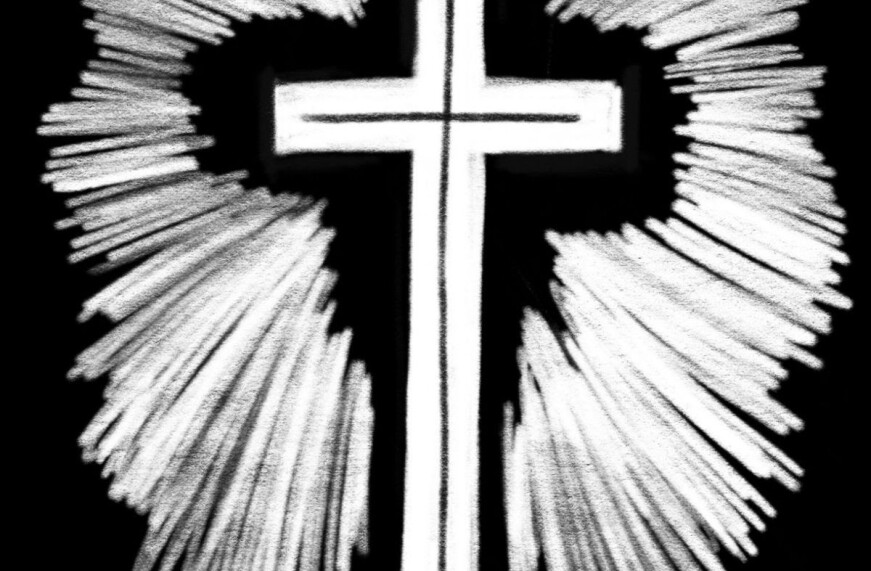You can listen to the reading and reflection by clicking here.
Daniel 9.4-10
I prayed to the Lord my God and made confession, saying, “Ah, Lord, great and awesome God, keeping covenant and steadfast love with those who love you and keep your commandments, we have sinned and done wrong, acted wickedly and rebelled, turning aside from your commandments and ordinances. We have not listened to your servants the prophets, who spoke in your name to our kings, our princes, and our ancestors, and to all the people of the land. “Righteousness is on your side, O Lord, but open shame, as at this day, falls on us, the people of Judah, the inhabitants of Jerusalem, and all Israel, those who are near and those who are far away, in all the lands to which you have driven them, because of the treachery that they have committed against you. Open shame, O Lord, falls on us, our kings, our officials, and our ancestors, because we have sinned against you. To the Lord our God belong mercy and forgiveness, for we have rebelled against him, and have not obeyed the voice of the Lord our God by following his laws, which he set before us by his servants the prophets.
Until I read this confession of Daniel I had not thought much about confessions themselves. This is a religious confession, so there we will remain. The confession begins in the first person singular, and Daniel pretty quickly dispatches his transgressions. He then begins with “we” which seems through the course of the next six verses to be sufficiently broad to include the entire congregation, all of the Israelites, the entirety of the people.
Daniel makes this confession when the Israelites have been living in hard times, the people dispersed and enslaved. The nation, the congregation has transgressed. The transgressions against the Lord, “the great and dreadful God,” are listed. The list may seem general, but I suspect any pious member of the congregation could list the specifics of the laws broken, the prophets disdained. The “men of Judah…..the inhabitants of Jerusalem…” knew the laws as their descendants know those same laws today.
But we are not members of this congregation. We do not tend to believe that nations are punished by the Lord. As a nation we look away from transgressions beyond the immediate and passing fashionable ones. No “creditable authority,” that is, no modern Daniel, is proposing the current pandemic as a punishment of God. A couple of prominent evangelists suggested the 911 attacks on our nation were God’s punishment for our misdeeds and transgressions. But their words were vilified immediately to a degree leading to public retraction and apology.
As with Daniel in verse 4 we do have our confessions on the individual and personal level, our “Confiteor”--our prayer of acknowledging our sins and asking for God’s mercy. The Confiteor, which is beautiful, is exquisite in its vague nature regarding sins and transgressions. I think that if we enjoy, believe in and take comfort from confession but we do not believe in punishment or real specificity of our transgressions, perhaps we should look more closely into ourselves to explore the precise purposes confession, public or private, may serve for us.


